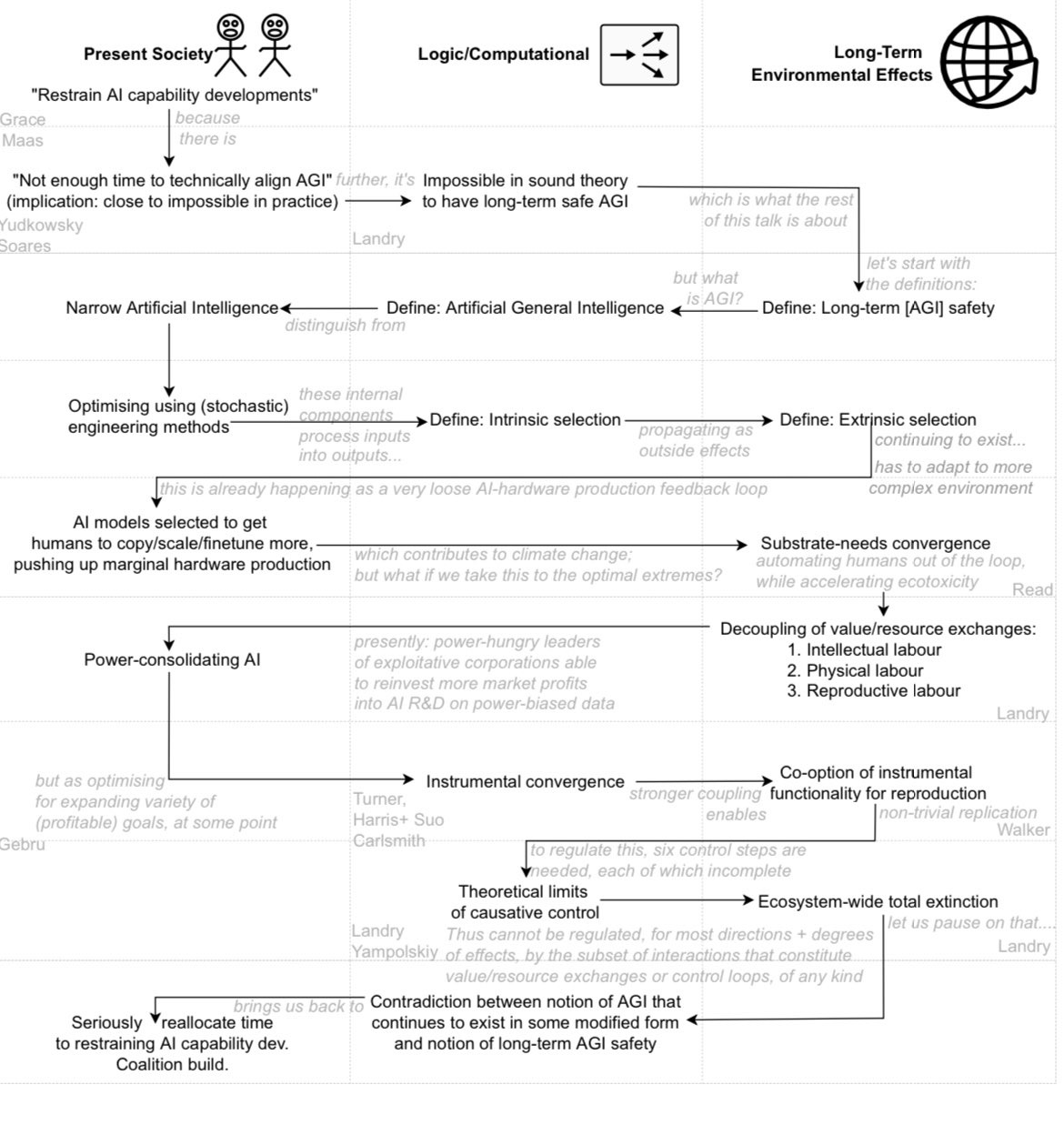Devaluing proposals only because they purportedly originated with an adversary.
In any technical discussion, there are a lot of well intentioned but otherwise not so well informed people participating.
On the part of individuals and groups both, this has the effect of creating protective layers of isolation and degrees of separation – between the qualified experts and everyone else.
While this is a natural tendency that can have a beneficial effect, the creation of too specific or strong of an 'in-crowd' can result in mono-culture effects.
The problem of a very poor signal to noise ratio from messages received from people outside of the established professional group basically means that the risk of discarding a good proposal from anyone regarded as an outsider is especially likely.
In terms of natural social process, there does not seem to be any available factor to counteract the possibility of forever increasing brittleness in the form of decreasing numbers of new ideas (ie; 'echo chambers').
- link Wikipedia: Reactive devaluation
- an item on Forrest Landry's compiled list of biases in evaluating extinction risks.


continuing my response:
When Gregory Lewis said to you that "If the objective is to persuade this community to pay attention to your work, then even if in some platonic sense their bar is 'too high' is neither here nor there: you still have to meet it else they will keep ignoring you." He is arguing an ultimatum: "if we're dysfunctional, then you still have to bow to our dysfunction, or we get to ignore you." That has no standing in epistemics, and it is a bad-faith argument. If he were to suppose his organization's dysfunction with the probability with which he askes you to doubt your own work, he would realize that "you gotta toe the line, even if our 'bar' is nonsense" is just nonsense! Under the circumstance where they are dysfunctional, Gregory Lewis is lounging in it!
The worst part is that, once their fallacies and off-hand dismissals are pointed-out to them, when they give no real refutation, they just go silent. It's bizarre, that they think they are behaving in a healthy, rational way. I suspect that many of them aren't as competent as they hope, and they need to hide that fact by avoiding real analysis. I'd be glad to talk to any Ai Safety folks in the Bay, myself - I'd been asking them since December of last year. When I presented my arguments, they waved-away without refutation, just as they have done to you.